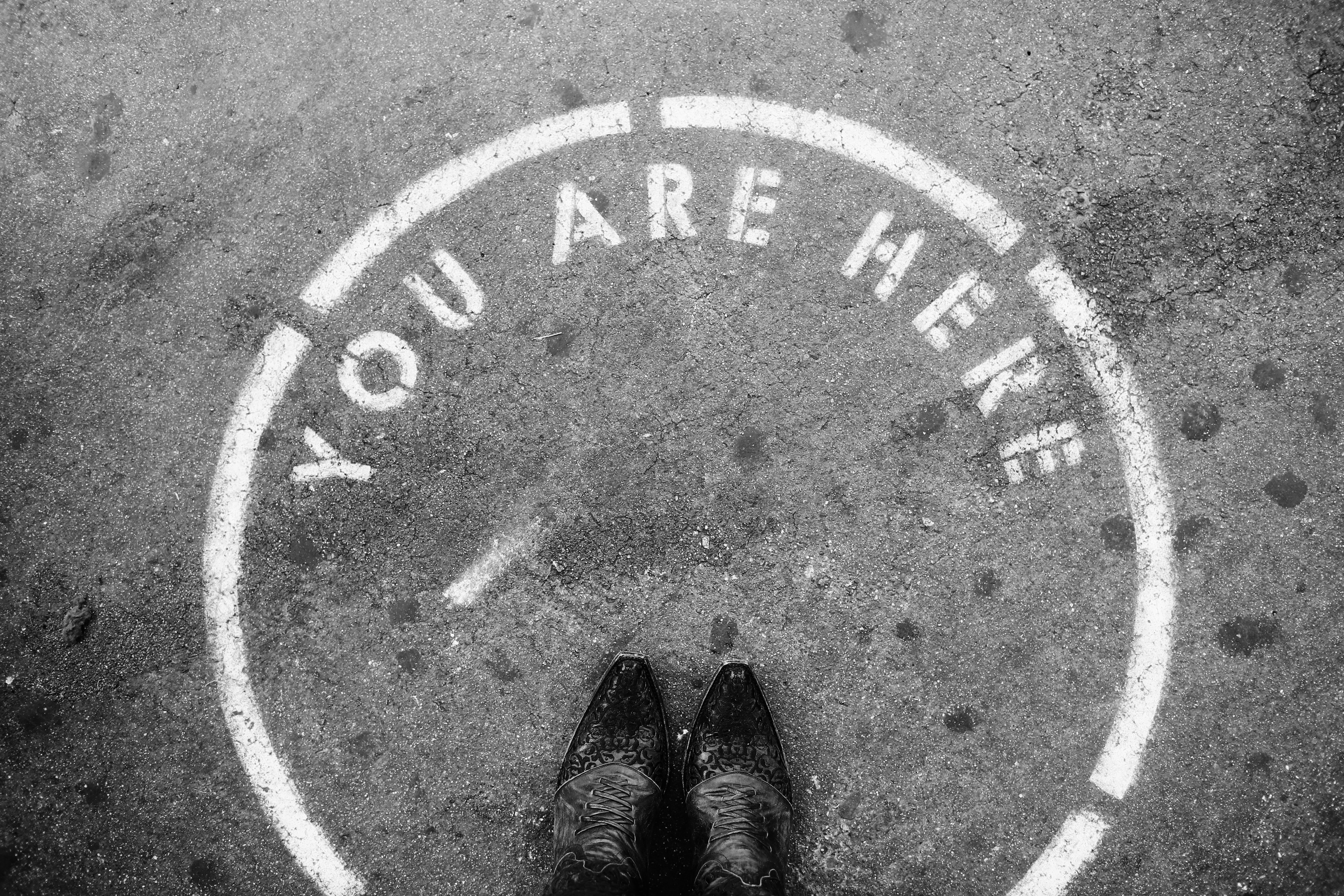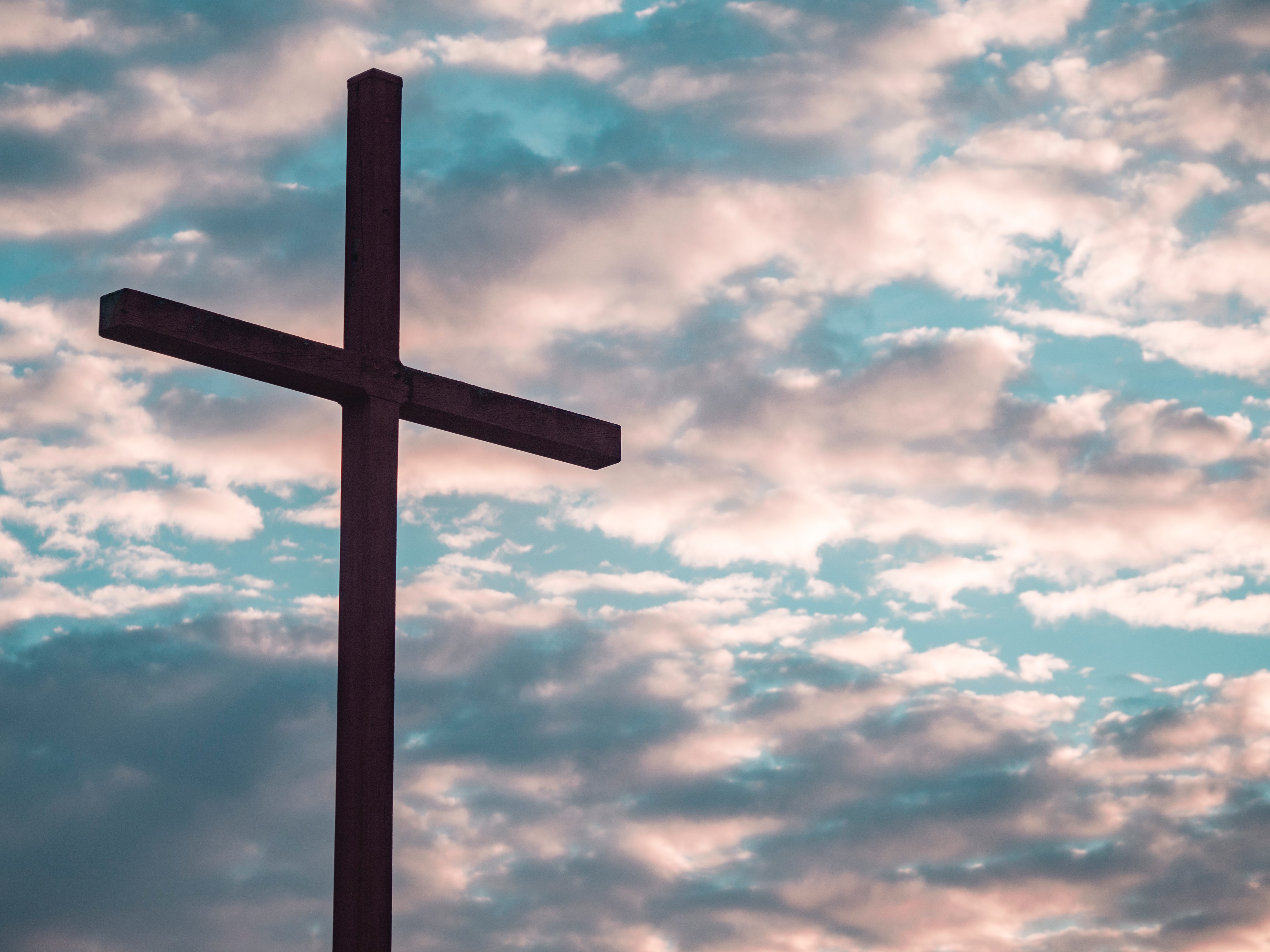Many years ago, I heard a priest speak about God as the God of the present. He tells Moses, “I AM.” Not that he was or will be, but I AM. As in, now, the present. When I read both the First Reading and the Gospel, I am struck by how we are told to live now in this present moment, and the future (specifically heaven) will take care of itself.
Of course, we do need to behave now in certain ways, following the Commandments, living out the Beatitudes, and Corporal and Spiritual Works of Mercy. We cannot behave as if God does not exist or has no expectations of us. He does exist and there are expectations.
But sometimes we worry or concern ourselves with things that are beyond our control or above our pay grade rather than focusing on what is right in front of us. As we near the end of the liturgical year, how can you shift your focus from things that have been a burden in your spiritual life out of fear or frustration? This is a reminder; God is the God of the living, and He sent Jesus to us so that we would have lives of abundance and fullness.
Lay your burdens down at the foot of the Cross. Give them over to the One who helps us carry them and can change them. I have seen in my own life that the greatest fruit comes from embracing the trials of my life, surrendering them, and moving with God in the present. The more I concern myself with “what if” the less peace I have in my life.
This does not mean we avoid planning for or thinking about the future. It means we do so out of prudence, not out of worry or fear. There is a big difference between planning to control all facets of our life to walking with God and being united with His will for us.
What is God asking of you in this present moment? How can you shift your mind from worrying about the future to trusting Him in the now?
Hace muchos años, escuché a un sacerdote hablar de Dios como el Dios del presente. Le dice a Moisés: “YO SOY”. No es que haya sido o vaya a ser, sino que YO SOY, ahora, en el presente. Cuando leo tanto la Primera Lectura como el Evangelio, me sorprende cómo se nos dice que vivamos ahora en este momento presente, y el futuro (específicamente el cielo) se cuidará solo.
Por supuesto, tenemos que comportarnos ahora de cierta manera, siguiendo los Mandamientos, viviendo las Bienaventuranzas y las Obras de Misericordia Corporales y Espirituales. No podemos comportarnos como si Dios no existiera o no tuviera expectativas de nosotros. Él sí existe y hay expectativas.
Pero a veces nos preocupamos por cosas que están fuera de nuestro control o por encima de nuestro salario en lugar de centrarnos en lo que tenemos enfrente. A medida que nos acercamos al final del año litúrgico, ¿cómo puedes cambiar tu enfoque de las cosas que han sido una carga en tu vida espiritual por miedo o frustración? Esto es un recordatorio; Dios es el Dios de los vivos, y nos envió a Jesús para que tuviéramos una vida de abundancia y plenitud.
Depositan sus cargas al pie de la Cruz. Entrégalos a Aquel que nos ayuda a llevarlos y puede cambiarlos. He visto en mi propia vida que el mayor fruto proviene de aceptar las pruebas de mi vida, entregarlas y moverme con Dios en el presente. Cuanto más me preocupo por “qué pasaría si”, menos paz tengo en mi vida.
Esto no significa que evitemos planificar o pensar en el futuro. Significa que lo hacemos por prudencia, no por preocupación o miedo. Hay una gran diferencia entre planear controlar todas las facetas de nuestra vida y caminar con Dios y estar unidos a Su voluntad para nosotros.
¿Qué te está pidiendo Dios en este momento presente? ¿Cómo puedes cambiar tu mente de preocuparte por el futuro a confiar en Él aquí y ahora?
 Deanna G. Bartalini, M.Ed.; M.P.A., is a certified spiritual director, writer, speaker and content creator. The LiveNotLukewarm.com online community is a place to inform, engage and inspire your Catholic faith. Her weekly Not Lukewarm Podcast gives you tips and tools to live out your faith in your daily life.
Deanna G. Bartalini, M.Ed.; M.P.A., is a certified spiritual director, writer, speaker and content creator. The LiveNotLukewarm.com online community is a place to inform, engage and inspire your Catholic faith. Her weekly Not Lukewarm Podcast gives you tips and tools to live out your faith in your daily life.
Feature Image Credit: Fallon Michael, unsplash.com/photos/VUWDlBXGogg











